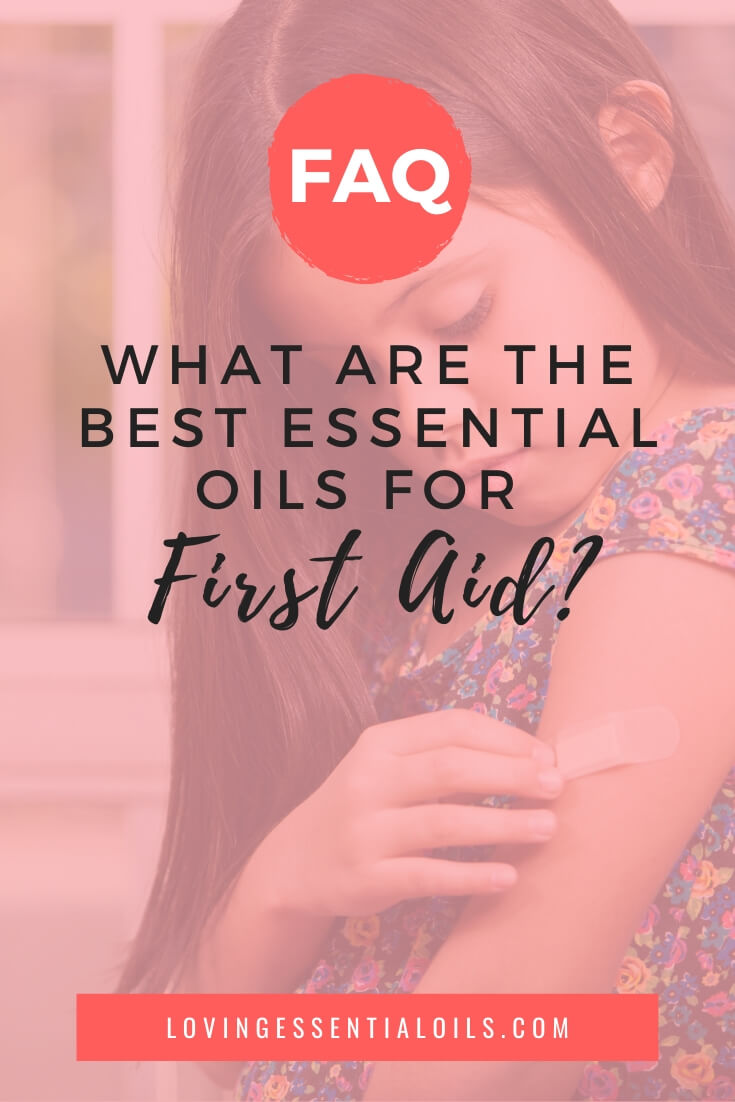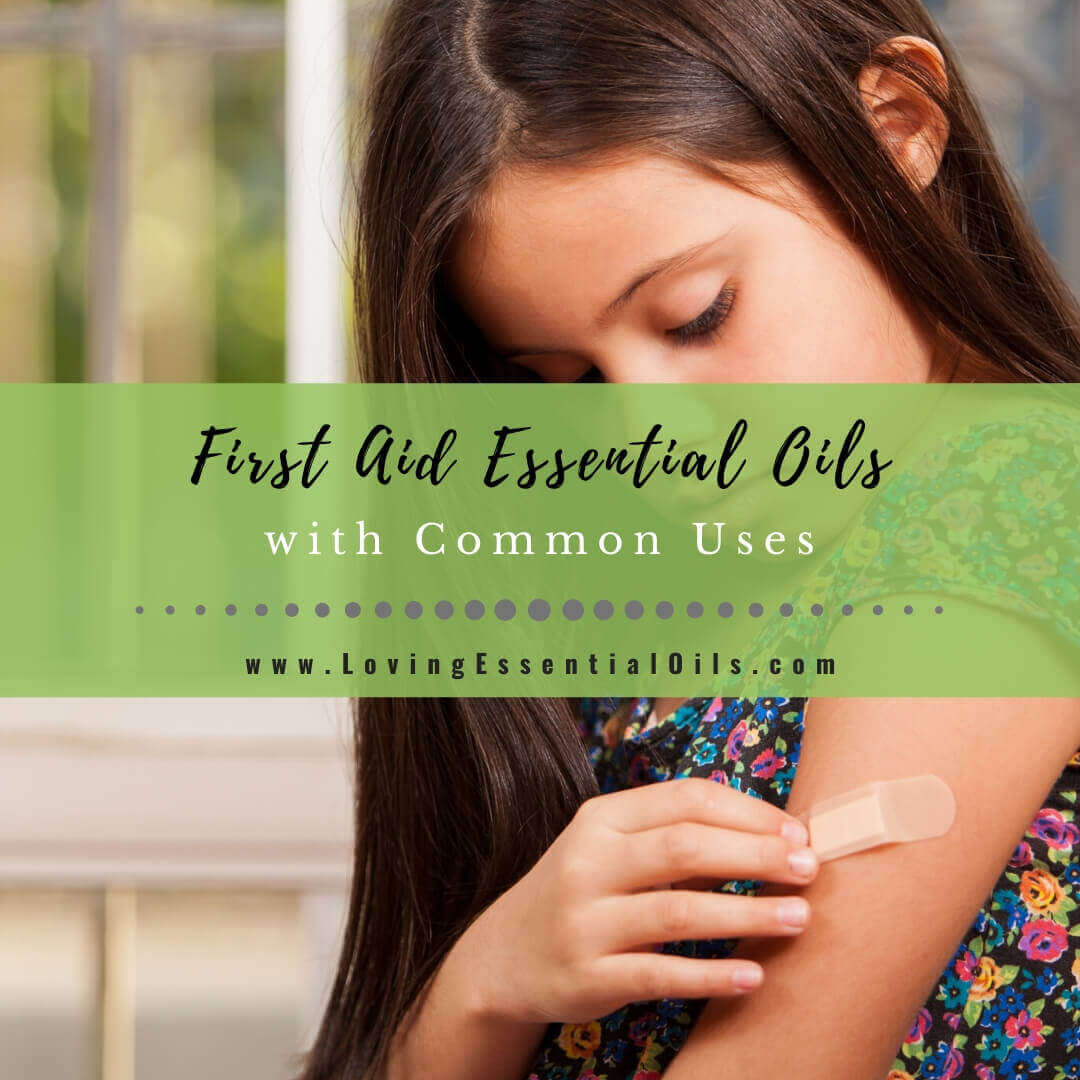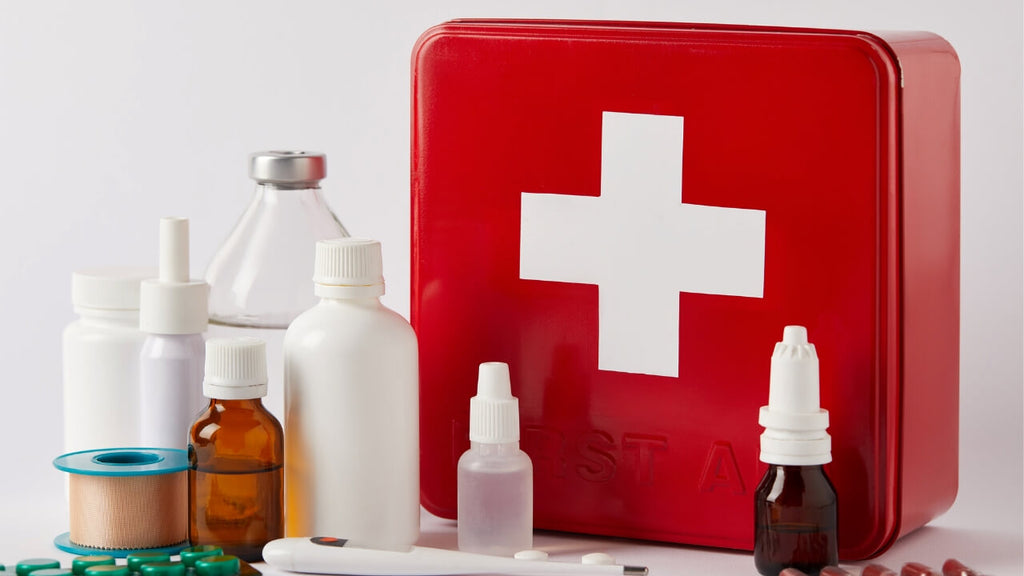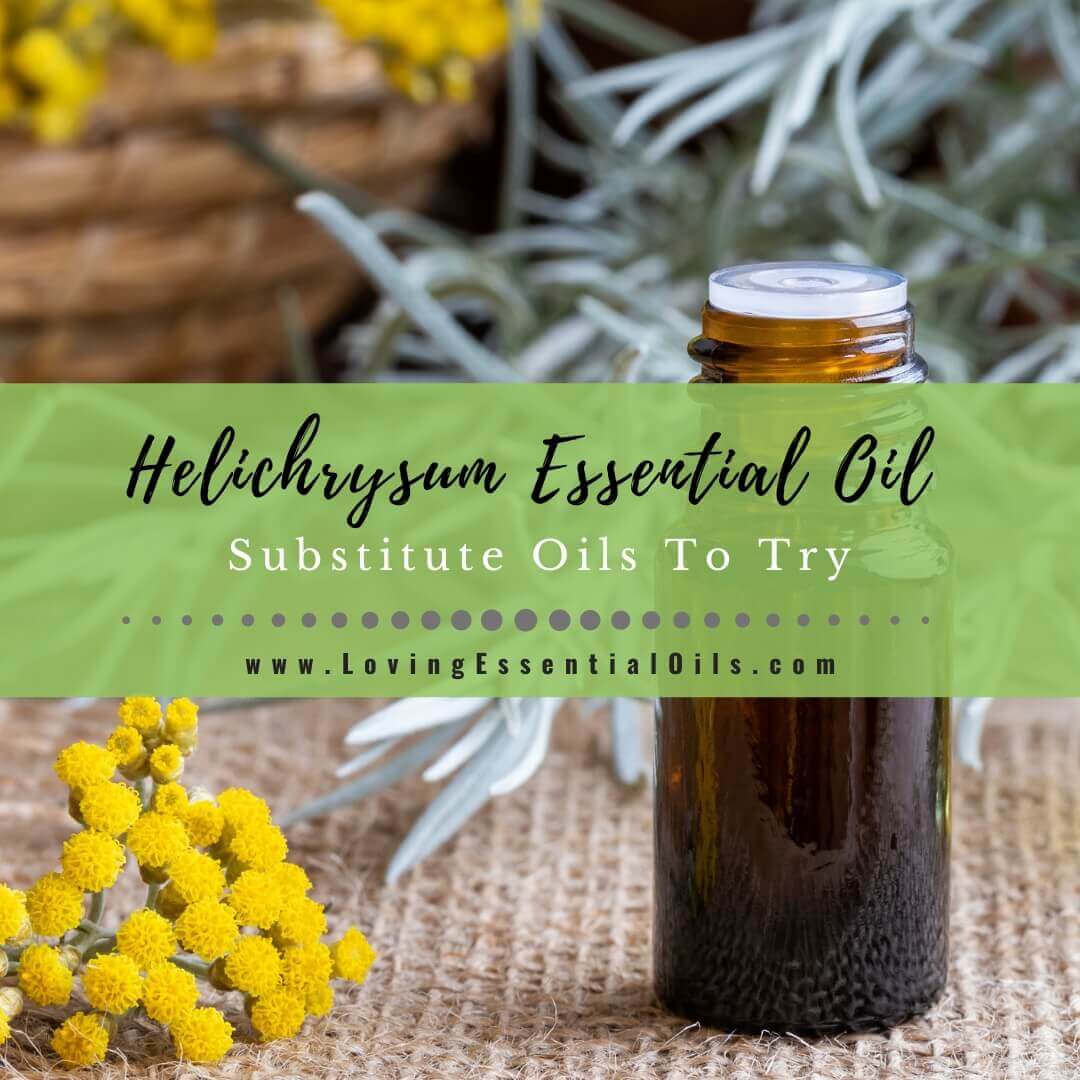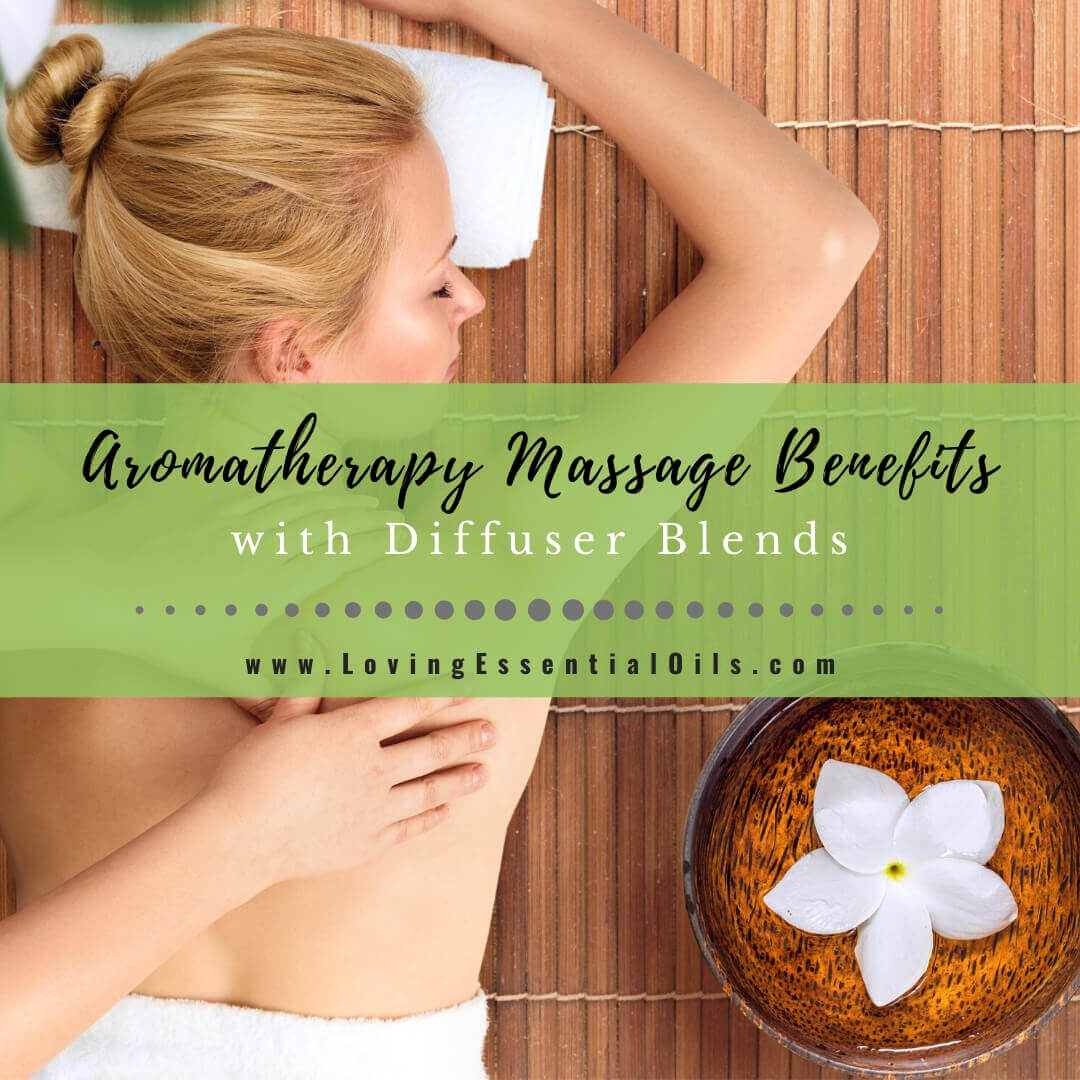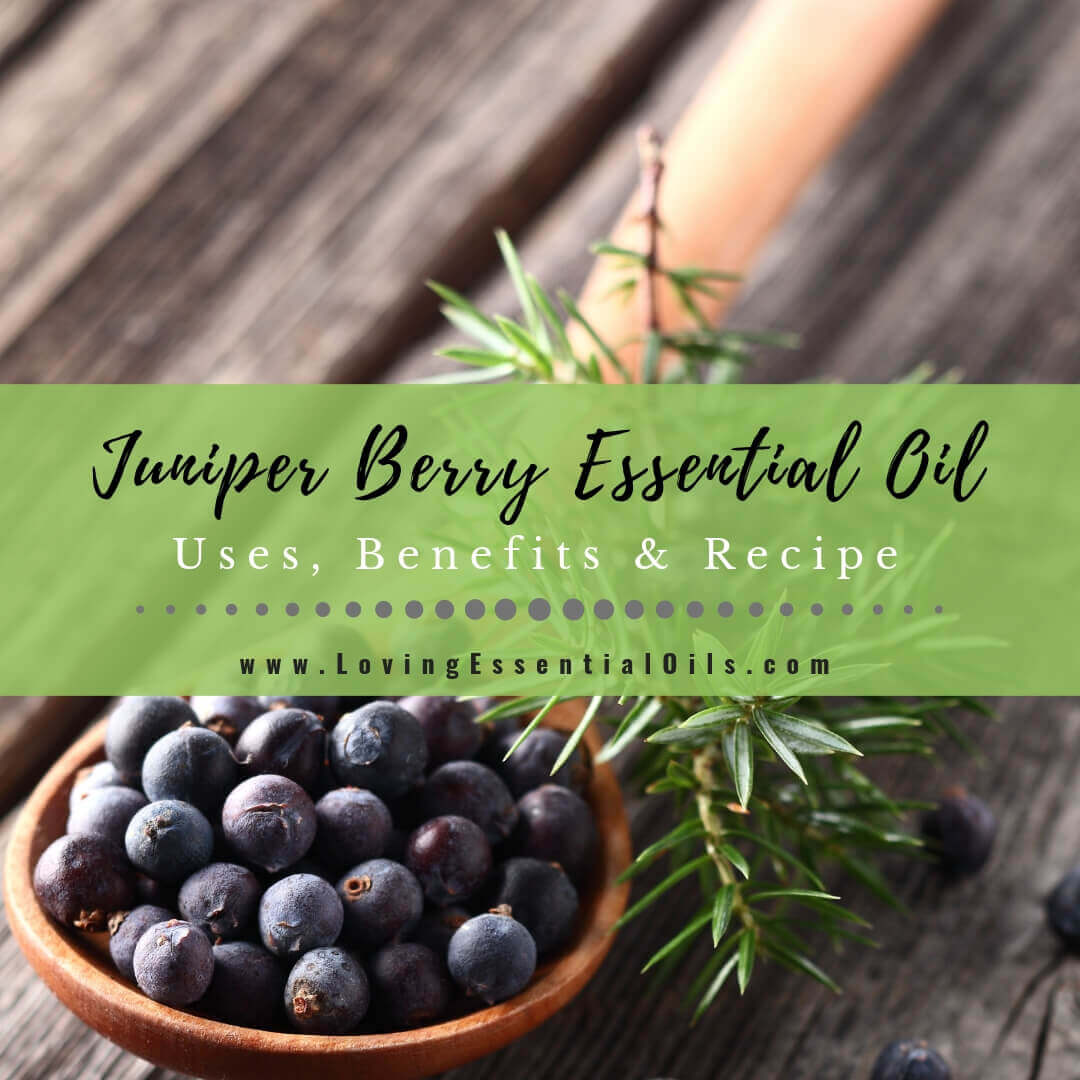Table of Contents
- What are the Benefits of Using Essential Oils for First Aid?
- Best First Aid Essential Oils
- How to Use Essential Oils for First Aid
- First Aid Essential Oil Blend Recipes
- Frequently Asked Questions About Essential Oils for First Aid Kits
- Which essential oils are best for first aid purposes?
- What kind of properties do essential oils have?
- What are the benefits of using essential oil blends for first aid?
- How should essential oils be applied for first aid purposes?
- What are the most common uses for essential oils for first aid?
- Are essential oil blends safe for children and pets?
- Share on Pinterest
Do you know what the best First Aid Essential Oils are to have in your home? I compiled a list of the top oils I think every home should have in its first aid kit, along with common issues that they can assist with for health and wellness.
With cold and flu season in full force and a new viral threat appearing, it is a great time to ensure your emergency supplies are ready if needed. If you do not have an emergency kit, now is the perfect time to get one together.
What are the Benefits of Using Essential Oils for First Aid?
Essential oils can offer a natural alternative to traditional first aid methods and provide several distinct benefits. One of the main reasons essential oils are excellent for first aid is that they are antiviral, antibacterial, antifungal, and antiseptic. They boost immunity to fight off pathogens and heal infections quicker than many other treatments.
Furthermore, essential oils can assist with skin irritations and pain relief from wounds or bug bites. They can also stimulate circulation in skin tissues to reduce inflammation. For example, lavender essential oil helps bruises heal faster.
Lastly, using essential oils for first aid offers powerful aromatherapy benefits that help promote relaxation and lessen stress. These factors make essential oils an excellent choice for assisting any type of injury or ailment quickly, effectively, and gently on the body.
Can essential oil blends replace traditional first aid treatments?
While essential oils can be a helpful addition to a first aid kit, they should not replace traditional medical treatments for serious injuries. Essential oils can complement standard first aid practices but should not be used as a substitute for professional medical care.
Best First Aid Essential Oils
Check out these 10 essential oils I like to have available with my first aid supplies. You can even fill mini vials in an oil case to leave in your kit with other things like bandaids, gauze, ace wraps, tweezers, a thermometer, etc.
This list of essential oils is particularly great if you are new to essential oils because they are also great starter oils for beginners.
1. Lavender Essential Oil
Lavender is like the swiss army knives of essential oils because it can be used for many ailments. Pain, skin issues, stress, and sleep are just a few things you’ll be glad you have lavender for.
- Skin inflammation
- Muscle spasms
- Pain
- Insomnia
- Anxiety
- Burns
- Acne
- Eczema
- Blisters
- Bruising
Essential Oil Tip: Mix with aloe vera gel and apply to sunburn for a cooling, soothing effect. Find out more about using lavender for sunburns.
2. Peppermint Essential Oil
Peppermint is a cooling essential oil that benefits the respiratory system. It can promote open airways, decrease muscle, head, and joint tension, and boost energy throughout the day.
- Headache
- Colds/Sinusitis
- Nausea or vomiting
- Dizziness
- Aches and pains
- Bad breath
- Lethargy
- Mental fatigue
- Fever
- Hot Flashes
- Sunburn (cooling)
Essential Oil Tip: Mix a few drops of peppermint essential oil with distilled water into a spray bottle (you can also add a tablespoon of aloe vera gel if you’d like) and make a DIY cooling spray to help you beat the heat during hot days. Keep out of eyes.
3. Lemon Essential Oil
Lemon is a bright, happy smelling oil that is a great for stimulating the mind, cleaning the home, and helping with skin issues. CAUTION: Lemon is phototoxic, avoid using when you’re going to be exposed to the sun.
- Acne
- Oily skin
- Depression
- Lethargy
- Brain stimulant
- Jet lag
- Throat ailments
- Poor circulation
- Cleaning
- Nausea
- Constipation
Essential Oil Tip: Lemon oil is a favorite for cleaning, use it to freshen the bathroom and rid it of germs.
4. Tea Tree Essential Oil (aka Melaleuca)
Tea Tree oil is a must for any natural first aid kit. It is a great go-to oil for skin irritations, cuts, and ulcers. Add a drop to a bug bite to ease itching and promote healing.
- Cuts
- Insect bites
- Mouth ulcers
- Nail infections
- Immune stimulation
- Acne
- Athlete’s foot
- Dandruff
Essential Oil Tip: Soak feet in Epsom salt and tea tree oil bath to fight fungus.
5. Frankincense Essential Oil
Frankincense is one of the oils considered precious or sacred. We all know the story of the wise men presenting baby Jesus with frankincense in the manger. While they presented him with the resin, they also knew how great frankincense was for various ailments and conditions.
Frankincense is always a great choice when unsure what oil to use for a specific ailment.
- Wrinkles
- Wounds
- Asthma
- Sinus congestion
- Acne
- Scars
- Anxiety
- Nervous tension
- Inflammation
Essential Oil Tip: Apply frankincense oil to age spots to assist with lightening the pigment.

6. Orange Essential Oil
Orange oil is very versatile. It is affinity for the digestive system and is great for fighting stress, anxiety, and depression. Orange oil is generally inexpensive, making it a great oil to use for a variety of ailments.
- Anxiety
- Fear
- GI discomfort
- Brightens the skin
- Kills bacteria
- Depression
- Fungal infection
- Boosts energy
Essential Oil Tip: Make aromatherapy inhalers with orange essential oil blends and inhale when you need an energy boost.
7. Eucalyptus Essential Oil
Eucalyptus oil has been used since ancient times for respiratory ailments. It also has immune-boosting properties and is excellent for viral infections. Eucalyptus is soothing to pain and can help ease joint and muscle stiffness.
- Colds and flu
- Asthma
- Viral infections
- Arthritis
- Clears the mind
- Muscle stiffness and pain
- Headaches
- Insect bites
Essential Oil Tip: Add a drop of eucalyptus to a hot shower to experience open passageways and a clear mind.
8. Clove Essential Oil
Clove has long been prized for its medicinal and culinary use. This powerful spice essential oil is a must-have for toothaches. However, this essential oil is potent and can cause skin irritation. Ensure it is diluted well and use only 1-2 drops per application.
- Toothache
- Pain relief
- Flu
- Bronchitis
- Ringworm
- Abdominal cramps
- Gum disease
- Warts
Essential Oil Tip: Mix one drop of clove oil with coconut oil and apply directly on toothache or canker sore.
9. Helichrysum Essential Oil
If you're looking for a natural way to deal with minor injuries and first aid needs, helichrysum essential oil may be the perfect solution. This oil has a host of beneficial properties that can help speed healing and reduce inflammation.
- Bruises
- Scrapes
- Wound healing
- Minor bleeding
Essential Oil Tip: Apply helichrysum when injury to tissue first happens to lessen bruising and pain in that area.
10. Lemongrass Essential Oil
This oil has antimicrobial and analgesic properties, making it perfect for first aid applications. Its refreshing and soothing aroma is also great for treating burns, bruises, and other ailments. Its earthy citrus aroma can also provide emotional calm.
- Muscle aches and pain
- Bug repellent
- Headaches or migraines
Essential Oil Tip: Make a home remedy for migraines with lemongrass, peppermint, and lavender.
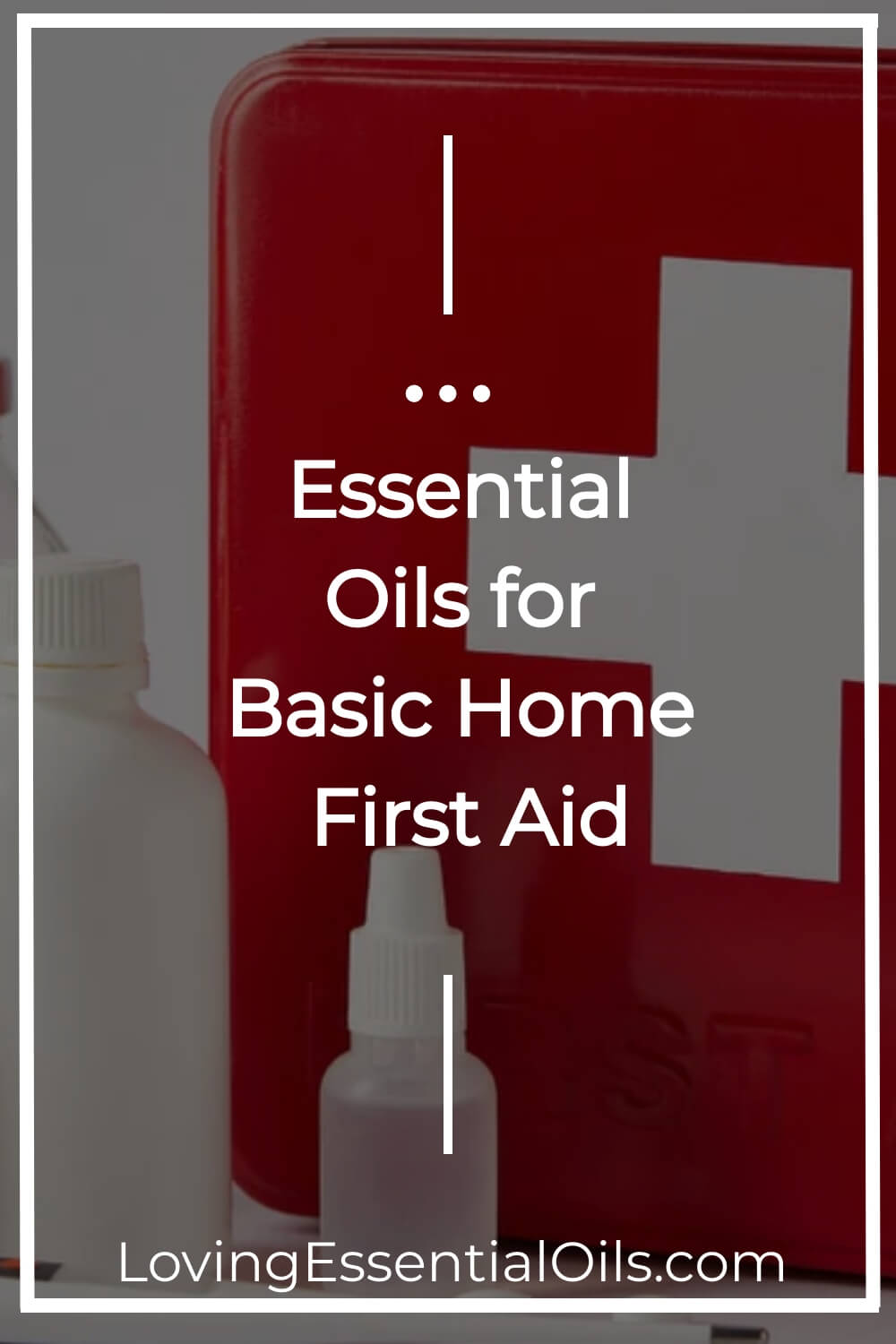
How to Use Essential Oils for First Aid
Lavender is well-known for its soothing properties and can be used for cuts and scrapes, insect bites or stings, or even rubbed directly onto the skin to reduce swelling and redness from a burn. Tea tree essential oil is another option that can be used on any topical wound to cleanse the area and promote healing. Peppermint essential oil is excellent for relieving head tension or alleviating nausea caused by motion sickness.
Using First Aid Essential Oils
Aromatically – smelling the aromas. Personal inhalers, diffusers, and simply opening the bottle and smelling the oil are all aromatic uses for essential oils.
Topically – applying the essential oils to the skin. Using rollerball remedies or lotions and/or salves with essential oils in them are both great ways of incorporating topical use. When using essential oils for first aid on your skin, always make sure to dilute them before applying them to the skin.
With the proper knowledge and careful application, first aid essential oils are a safe way to enjoy natural benefits in times of need. Read about more ways to use essential oils for natural wellness, click here.
First Aid Essential Oil Blend Recipes
While first aid essential oils may not always completely replace traditional treatments, they can provide some relief and support for minor injuries and ailments. Essential oil blends can also be helpful in certain situations as a complement to traditional first aid treatments.
For example, lavender essential oil is known for its calming and soothing properties, making it an excellent option for cleaning minor burns or cuts. Tea tree oil is another popular choice for its antiseptic and antibacterial properties, which can help prevent infection in small wounds.
Here are some essential oil blends for common emergencies:
- Lavender and tea tree oil blend for minor burns
- Peppermint and eucalyptus oil blend for headaches
- Chamomile and lavender oil blend for insect bites
- Tea tree and lavender oil blend for cuts and scrapes
- Eucalyptus and peppermint oil blend for congestion
It's important to note that essential oils should not be used as a substitute for professional medical care in more serious situations. It's always best to consult a healthcare provider before using essential oils for first aid.
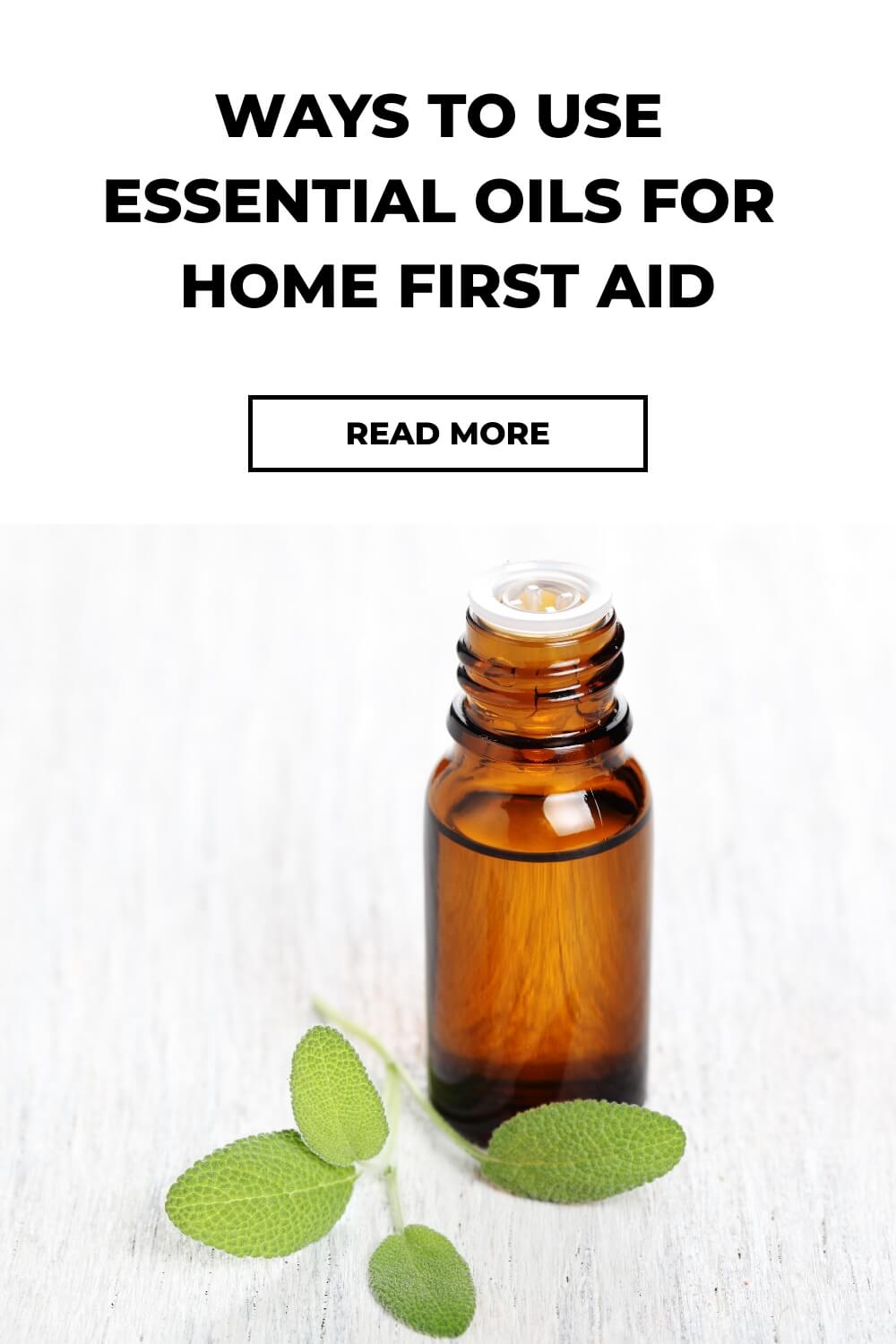
Frequently Asked Questions About Essential Oils for First Aid Kits
Essential oils can be an invaluable resource for minor first aid issues. First Aid essential oils can provide natural relief from various ailments: cuts, scrapes, burns, bug bites, and aches and pains.
Which essential oils are best for first aid purposes?
Some popular essential oils for first aid include lavender, tea tree, peppermint, chamomile, and eucalyptus. These oils have been widely used for their antiseptic, anti-inflammatory, and pain-relieving properties.
What kind of properties do essential oils have?
Essential oils are a powerful and natural way to support essential health and wellness. They are derived from plants, all containing unique components that give each essential oil its own array of properties. These properties can offer benefits such as pain relief, anti-inflammatory effects, improved digestion, decreased stress, increased focus and clarity, enhanced immunity and more.
Many essential oils also have antihistamine, antibacterial, antiviral, antiseptic, and/or antifungal properties. Some respiratory essential oils, like eucalyptus and peppermint oil, have decongestant and expectorant properties.
With so many essential oils to choose from, it is vital to research their individual qualities before using them in a therapeutic setting. Essential oils can be a safe and effective addition to any natural first aid kit when used correctly.
What are the benefits of using essential oil blends for first aid?
Essential oils have natural antibacterial, anti-inflammatory, and healing properties that can help promote faster recovery from cuts, burns, sprains, insect bites, and other minor injuries. They can also help reduce pain, swelling, and scarring.
How should essential oils be applied for first aid purposes?
Essential oils should be diluted with a carrier oil before being applied to the skin to avoid irritation or sensitivity. A few drops of essential oil can be mixed with a tablespoon of carrier oil, such as coconut or jojoba oil, before gently applying it to the affected area.
What are the most common uses for essential oils for first aid?
Essential oils have been used for various ailments, and they are becoming increasingly popular as a natural remedy for first aid. Essential oils can treat minor cuts and scrapes, reduce inflammation, and promote healing.
Essential oils such as lavender, tea tree, and geranium for cuts and scrapes can clean the wound and reduce inflammation. Lavender is especially effective in promoting healing and reducing scarring.
Are essential oil blends safe for children and pets?
It is important to consult with a healthcare provider or veterinarian before using essential oils on children or pets, as some oils may not be safe for them. Always dilute essential oils properly and use caution when applying them to sensitive individuals.
Share on Pinterest
